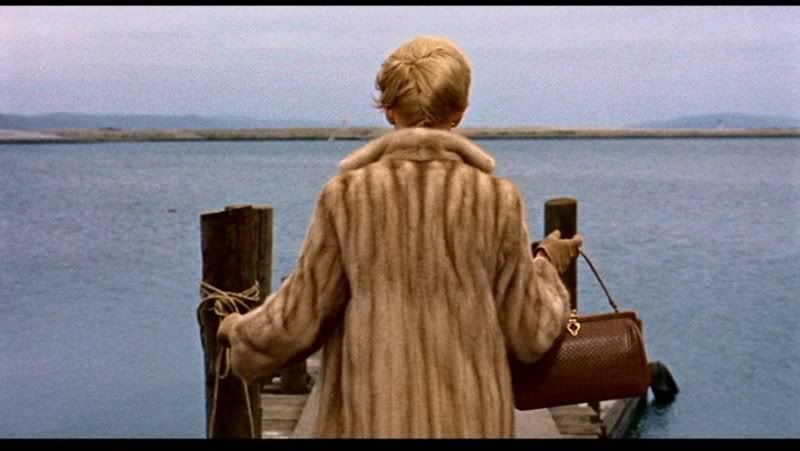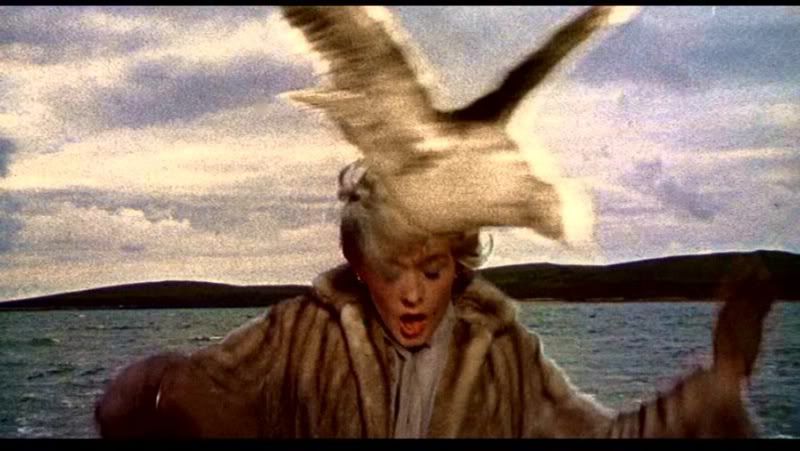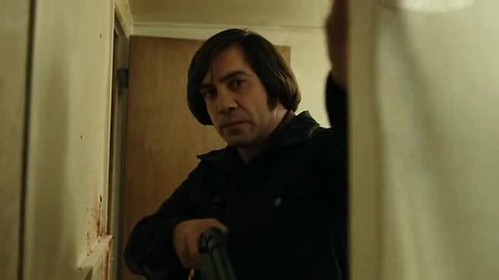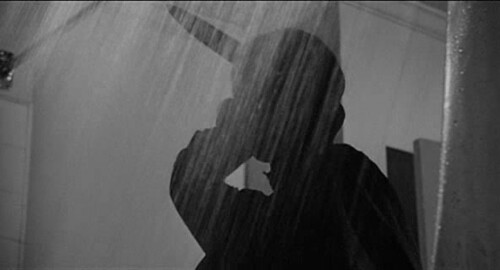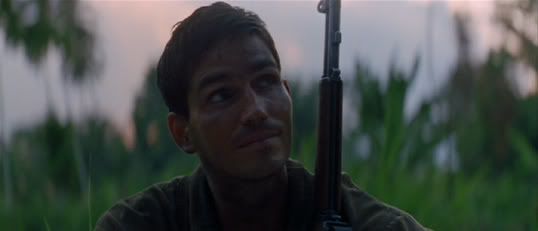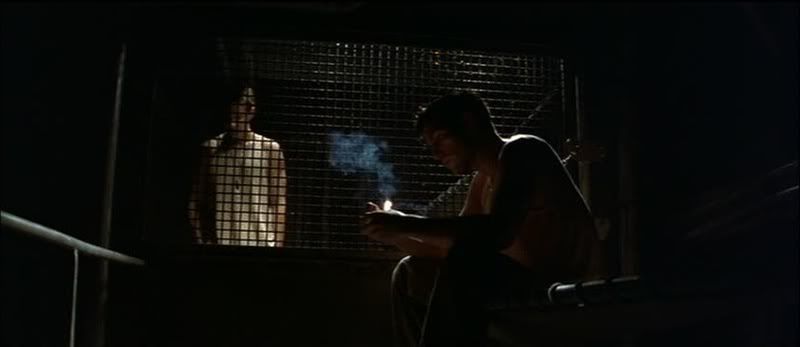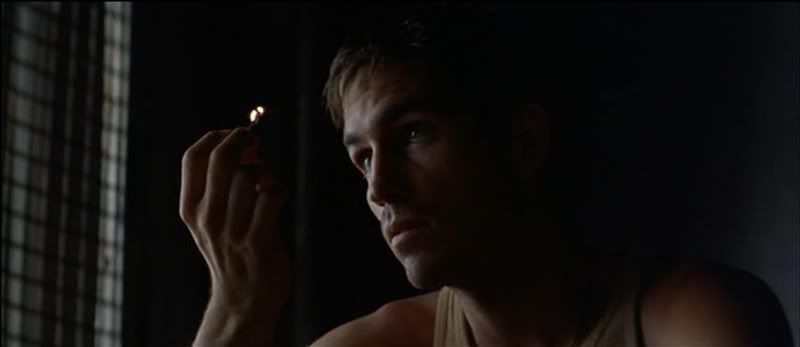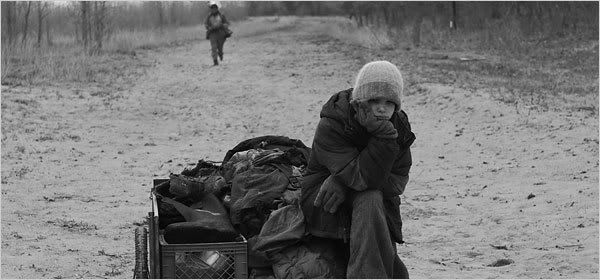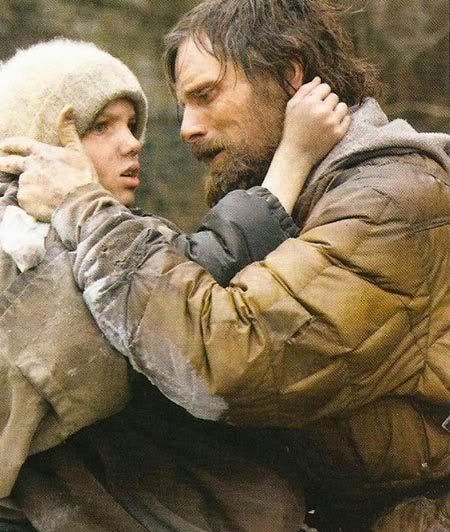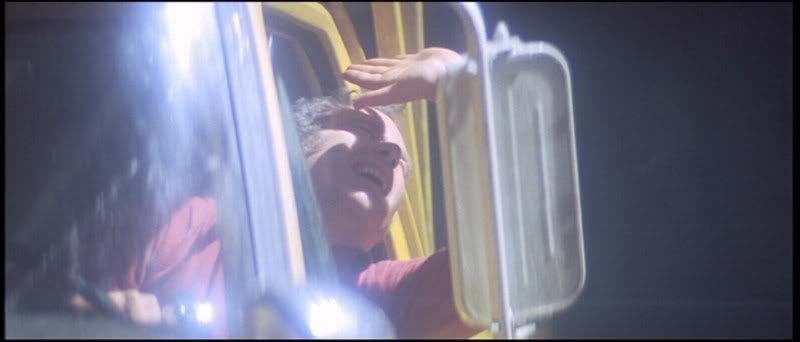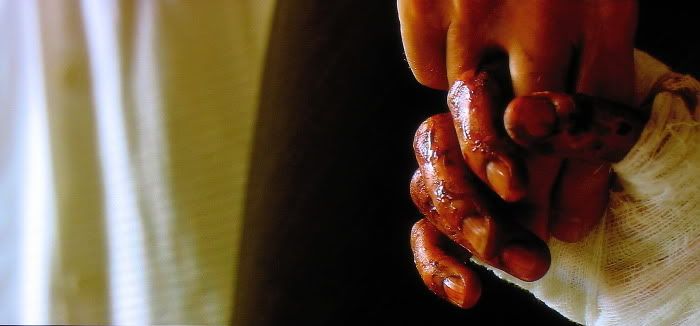Going to Telluride 2008. UPDATED.
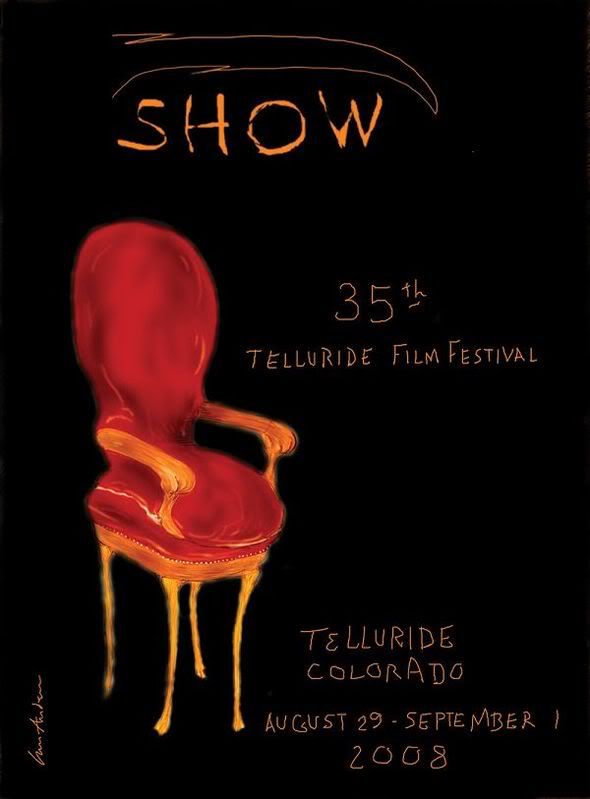 by Ryland Walker Knight
by Ryland Walker Knight
I've known for a while now that I'll be attending this year's Telluride Film Festival as part of the Student Symposium. But now that I know I've got my travel arrangements squared away, I thought I'd go ahead and blog about this exciting opportunity to invite recommendations (restaurants, bars, where to run, etc), donations (hey, it ain't cheap), stories (who did you meet?), any and all kinds of enthusiasms for one of the most unique film festivals I know. So unique that it won't announce its lineup for a while yet. But if tradition holds there will probably be a few of the Cannes '08 films, maybe some 2007 hold overs, and perhaps even a Hitchcock screening given Slavoj Zizek's post as Guest Director. Plus, as a member of this Symposium, I'll get the opportunity to meet and talk with the luminary artists of the festival; not to mention hang out with a bunch of peers similarly interested (I presume; to a certain degree) in film and film writing.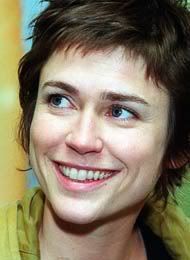 What I'm maybe most curious about are these opportunities to meet filmmakers and actors because I'm simply unsure what to ask them. I'm usually so wrapped up in my own reading of films that I hardly think of what I would want to ask a filmmaker. For instance: I joined a Facebook group for the Symposium and there were some pictures of an alumi standing with Eric Bana. First, Eric Bana is huge, like 6'3" -- and buff. Second: the first question I think of asking him is something idiotic and shallow like, "Is Marie-Josée Croze as gorgeous in real life as she is in pictures? What about Jennifer Connelly?" I mean, I could ask something like "What's been your most favorite job? Which director did you enjoy working with the most?" But those are going to lead to pretty canned answers about stuff I don't really care about. I'd rather learn what he likes to eat and drink; what's his favorite movie; what movie does he wish he could have acted in (from any period); whether or not he's gone river rafting. Sure, I could question him about the worth of film as an art and all that but I would only want it to come up in conversation. Maybe that's the problem: it's hard to get to that stage in "regular" interviews. Local hero Michael Guillen is excellent at generating a conversation (in printed interviews and in person) but he's a much more outgoing, lively personality than silly, self-conscious me. If somebody like Marie-Josée Croze shows up in Telluride I'll be happy if I don't blush too red, let alone ask her a question.
What I'm maybe most curious about are these opportunities to meet filmmakers and actors because I'm simply unsure what to ask them. I'm usually so wrapped up in my own reading of films that I hardly think of what I would want to ask a filmmaker. For instance: I joined a Facebook group for the Symposium and there were some pictures of an alumi standing with Eric Bana. First, Eric Bana is huge, like 6'3" -- and buff. Second: the first question I think of asking him is something idiotic and shallow like, "Is Marie-Josée Croze as gorgeous in real life as she is in pictures? What about Jennifer Connelly?" I mean, I could ask something like "What's been your most favorite job? Which director did you enjoy working with the most?" But those are going to lead to pretty canned answers about stuff I don't really care about. I'd rather learn what he likes to eat and drink; what's his favorite movie; what movie does he wish he could have acted in (from any period); whether or not he's gone river rafting. Sure, I could question him about the worth of film as an art and all that but I would only want it to come up in conversation. Maybe that's the problem: it's hard to get to that stage in "regular" interviews. Local hero Michael Guillen is excellent at generating a conversation (in printed interviews and in person) but he's a much more outgoing, lively personality than silly, self-conscious me. If somebody like Marie-Josée Croze shows up in Telluride I'll be happy if I don't blush too red, let alone ask her a question.
Perhaps this speaks to my general interest in film as personal accountability. By my lights, a film writer's job is easier said than done: to account for his or her experience of the film and check it against the associations it produces (which change, screening to screening) to build some kind of evaluation of the picture. More and more I'm beginning to realize just how much of me there is in everything I write. Even when I try to avoid the first person, I'm betraying myself (whether my readers know it or not), which produces this constant stammering: the need to offer as many angles on a sentence as possible. But what's the value in me? I'm trying to talk about the art. That's always the goal: to turn out from in. I spend enough hours a day with myself. When I look back, the essays I'm most proud of either completely absent, or completely embrace, the words "me" and "I" (such as "The Touch", or "2007: It's okay to play catch-up", respectively). This is a prime example of what some people like to call the "subject-object problem" and what a lot of the philosophy I gravitate towards grapples with mostly through form, through these kinds of structural dialectics, through what I've called "stammering." But this kind of heady talk can quickly bore most people I talk to. I don't think Eric Bana or Marie-Josée Croze are all that interested in how we get out of the subject-object relationship through varying practices, such as Cavell's skepticism or Wittgenstein's language games or Gadamer's horizons or Freud's psychoanalysis or Zizek's Lacanian-Marxist approach. Then again, maybe I'm wrong. Maybe Eric Bana sought that role in Munich because he was interested in all the philosophical-theoretical crap at play (besides the obvious political and social agendas) therein. (I could probably write an interesting argument about Munich as a film about tradition as hermeneutics, about how we choose to participate in or diverge from tradition, how we define tradition not as a concept but as a form of life. Of course, you can write that argument about any number of films -- maybe any film, straight up -- but it's pretty unavoidable in Spielberg's almost-masterpiece.) In any event, I could strike up this conversation with Zizek himself, right? Maybe that's what I should mark on the calendar: the possibility of a seminar with the guest director and the attendant opportunity to talk hermeneutics with him. Failing that, there's going to be movies playing, of course, that I can talk about with my fellow symposium participants.
Looking over Telluride's program for last year, I see a lot of the Cannes '07 films, which makes me start to look back at the big films from Cannes '08 that might make their way to Colorado this year. Luckily, Andy Horbal already did something like this, and I can look to his post, titled, simply, "Cannes '08". Of the likely candidates for Telluride, the Cannes pictures I'd most hope to catch in Colorado are (all links to David Hudson's tireless Daily GreenCine round up posts): Un Conte de Noel, 24 City, Waltz With Bashir, Gommorah, La Mujer Sin Cabeza, Synechdoche, New York, and, of course, the uncut version of Che. I'm sure there are others from Cannes '08 that are not on my radar (for whatever reason) and I'm sure there are others not from Cannes '08 that are not on my radar (for the reason that film does not start and stop with Cannes) that will surprise me. One title from the past year of festival circuitry I'm hoping Telluride schedules is Reygadas' Stellet Licht, since it has yet to secure US distribution either for a theatrical run or a home video release; and because I'd love to see it again on as big and wide a screen as possible; and because it might mean an appearance from Carlos Reygadas, a man I would love to talk to about film (sure) and life (more), a man that (I get the sense) has lived*. Another I hope to see is Barry Jenkin's Medicine for Melancholy, which I missed at SFIFF, for all the reasons Michael talked about here and for the other reason that the trailer is oh so charming.
If none of these films happen to show up in Telluride, I trust the experience will be fun and eye opening. I'll be sure to take pictures, and write. I haven't even gotten to the Silent Film Festival yet, and I've been feeling the strain of not earning much money, but with the Pedro Costa retro in March and my private (at home) Hou Hsiao Hsien retro these past two months, not to mention all those hours spent thinking and writing about Michael Mann and Terrence Malick (among other names) for my thesis this past spring semester (still holding onto it), 2008 is shaping up as quite an educational and enjoyable year.
*Also, I could ask him in person what he thought the chances of an America release are now given the shuttering of Tartan US. Looks slim. Such a weird thing, this recession, right? We can't even get screenings of those Mexican films with dialogue in Plautdietsch in the States now. Sheesh! What a world!
UPDATE, as if anybody scrolls this far down the page: I got an email from Lawrence Boone with news of the fest and with code for this Festival widget. I think some other bloggers have put it up on their sites so I figured, what the heck, can't hurt to help promote just a bit more. I mean, I am rather excited. So here's the widget, with all kinds of features, like restaurant guides and photos, all in one tiny 350 by 600 pixel package.
